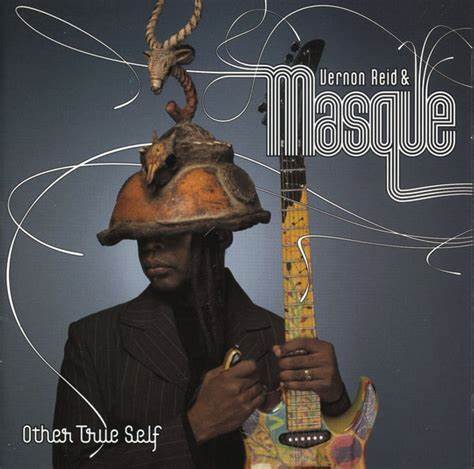metal
-

APOCALYPTICA: WORLDS COLLIDE
.
Marc A. PriceWhen Apocalyptica appeared on the music scene in 1996 with Plays Metallica by Four Cellos, they were busting the lid off a new can. Their unique blend of heavy metal…
-

WHITESNAKE: GOOD TO BE BAD
.
Marc A. Price“It’s very butch. Very muscular…” says David Coverdale about the first Whitesnake album in 11 years. Pause for a while and take that in. The endless 25th anniversary reunion…
-

PAUL STANLEY: LIVE TO WIN
.
Marc A. PriceSome people have been waiting since 1978 for a new Paul Stanley solo album. The last effort was the second best out of a batch of four solo albums…
-

VERNON REID AND MASQUE: OTHER TRUE SELF
.
Marc A. PriceDespite the fact that the band seemed to go their separate ways in 1995, it is difficult to discuss Vernon Reid without mentioning Living Colour, so I will get…
